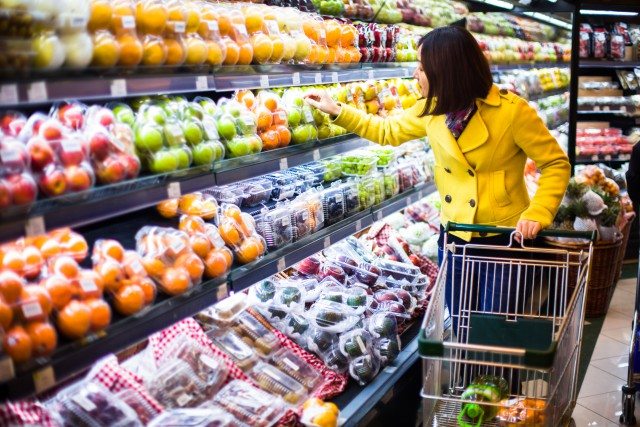About 53% of Europeans and 64% of US-Americans study food and beverage labels before they put them in their shopping trolley, according to a consumer study commissioned by GNT.
In Asia and South America, consumers are even more sensitive.
Here, 84% and 75% respectively want to know what is in a product before they buy it.
For the study, the market research institute TNS surveyed more than 5,000 consumers from 10 countries in Asia, America and Europe on their shopping and eating habits.
The study concludes that natural ingredients play a significant role in purchasing food and beverages.
About 68% of all consumers state that they usually choose the healthier product option in the supermarket.
In order to make a substantiated purchasing decision, however, they depend on easy to understand product information: 67% of respondents say comprehensible details on ingredients and additives determine the choice of food and drinks.
They wish for short ingredient lists whose components they know and understand.
In China, Indonesia and Thailand, this applies to 73% of the respondents.
Making a purchase decision
When looking at a label, consumers do not evaluate every component of a product.
Especially when the given information is excessive and hard to understand, they resort to a method of elimination and scan the label for certain ingredients they personally avoid.
If they discover them among the contents, the product is put back onto the shelves.
In the course of this process, consumers pay attention to coloring ingredients.
About 60% of respondents say the absence of artificial colorants is of major importance for their purchase decision.
In Asia, 74% agree to this statement.
Shopping attitude
In the study, 63% of respondents take time at the supermarket to get an overview of the range of products and new offers.
Only then do they decide on what to buy.
Additionally, 47% of respondents claim that they simply enjoy shopping for groceries.
They browse the shelves – no matter if they need to fill their fridge or not.
For them, visiting a supermarket is not an annoying duty but a chance to give themselves and their family a treat. Only about a quarter of all consumers wish to get grocery shopping over and done with as quickly as possible and thus always buy the same products.
“The increasing consumer demand for a healthy and balanced diet also manifests itself in the shopping behavior,” says GNT Group MD Dr. Hendrik Hoeck.
“Consumers no longer choose their products inconsiderately but look out for new and better alternatives.”
“This offers potential for food and beverage manufacturers who can meet the demand for healthy and natural products.”










